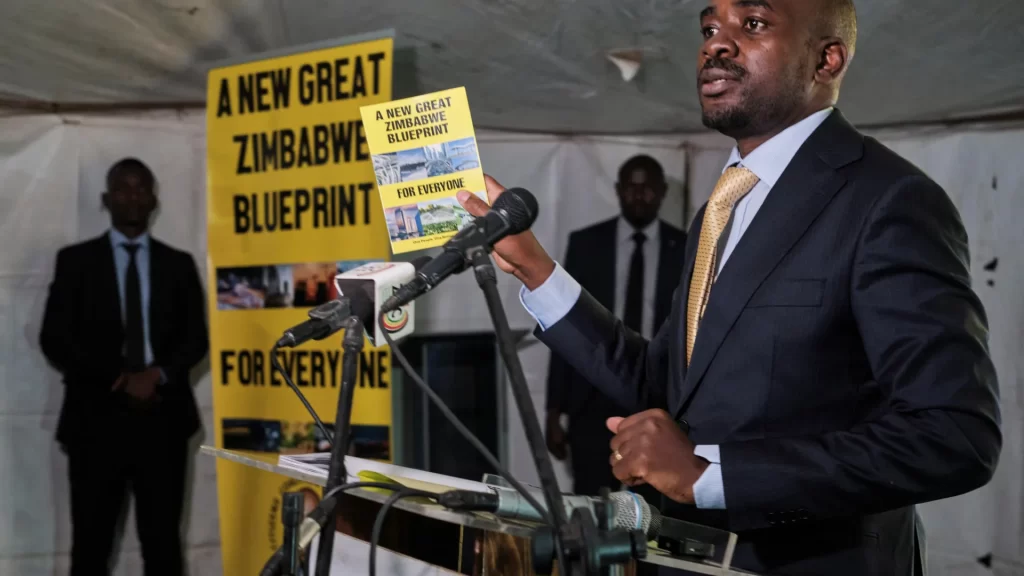With Zimbabwe’s national elections due to take place on Wednesday, 23 August, tensions are escalating as allegations of manipulation, intimidation, biased electoral oversight, and restricted media surround the ruling party, Zimbabwe African National Union – Patriotic Front (Zanu-PF). Known for its strategic methods to cling to power, the party’s actions are casting a shadow of doubt over the upcoming elections and raising concerns about the integrity of the democratic process.
Zimbabwe has a history of contentious elections marred by accusations of irregularities and manipulation. The impending elections have brought these issues to the forefront once again, prompting questions about the fairness of the electoral playing field and the degree to which all political parties are treated equitably.
Zanu-PF, led by President Emmerson Mnangagwa, has held a firm grip on power for decades. Its reputation for employing calculated strategies to maintain control has raised suspicions about the upcoming elections. Opposition parties and civil society groups have levelled allegations that the ruling party uses state resources to gain an unfair advantage, including controlling the media narrative and utilising state security forces to suppress dissenting voices.
One of the primary areas of concern centers around the alleged biased oversight of the electoral process. Critics argue that the electoral commission, responsible for organising and overseeing the elections, lacks impartiality and is vulnerable to political manipulation. Reports of voter intimidation tactics, manipulation of voter registration, and the unequal distribution of polling stations have heightened concerns about the integrity of the voting process.
Another pressing issue is the restricted media environment in Zimbabwe. Independent media outlets and journalists who criticise the government have often faced harassment, threats, and even arrests. This has resulted in a limited space for open political discourse and has skewed the flow of information available to the public. Consequently, citizens may not have access to unbiased information necessary to make informed electoral choices.
As the election day approaches, the people of Zimbabwe are anxious about the potential implications of the alleged manipulations, intimidation, biased oversight and media suppression on the electoral outcome. The nation’s future trajectory hangs in the balance, and the credibility of the electoral process will play a pivotal role in shaping Zimbabwe’s domestic and international standing.
In the face of these challenges, civil society groups, political parties, and concerned citizens are uniting to advocate for transparency and accountability in the electoral process. The collective hope is that Zimbabwe can overcome its history of electoral controversies and move towards a future marked by democratic governance, where the will of the people triumphs over political manoeuvring and suppression.
